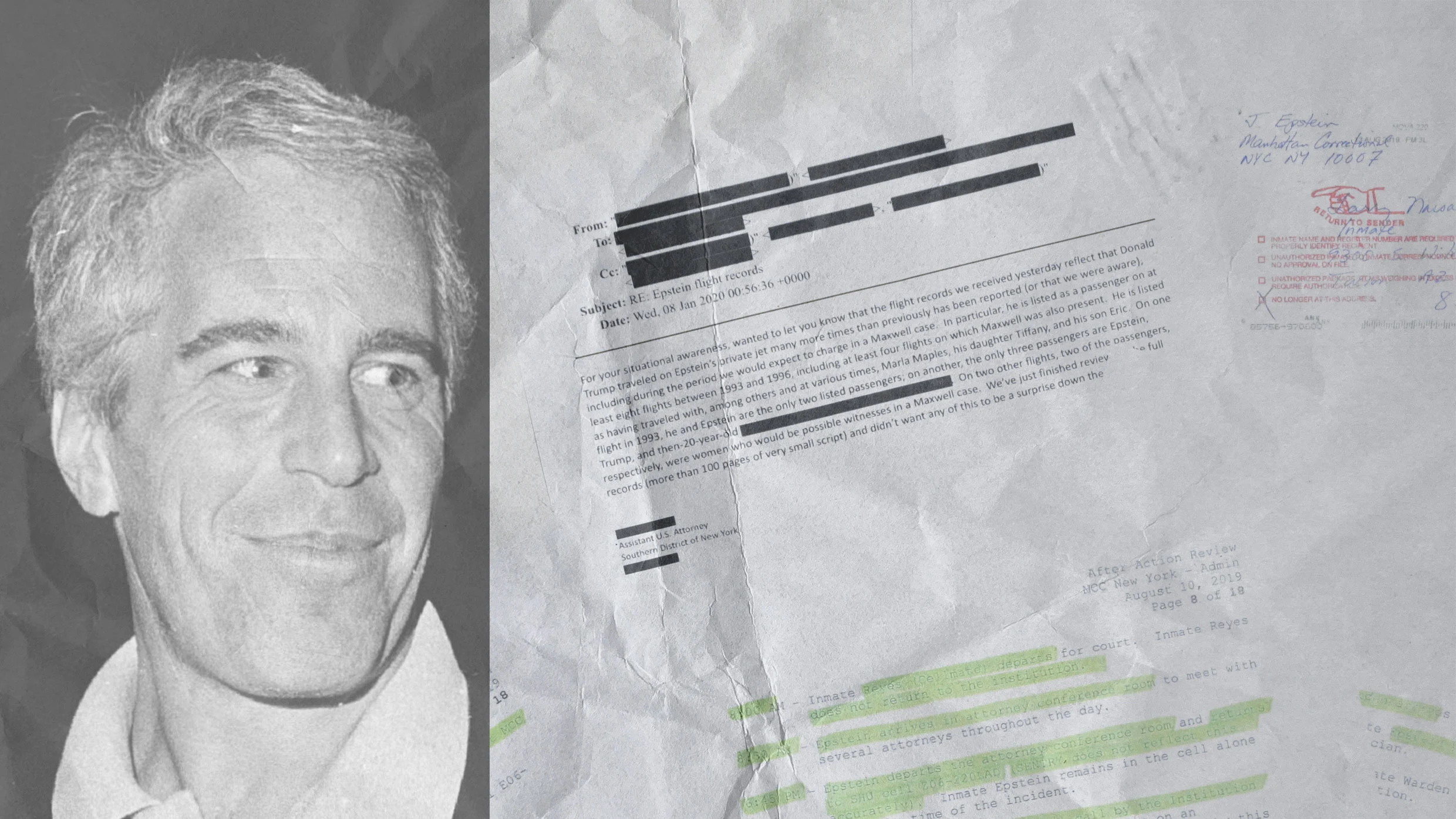Right to Repair campaigners in Europe
Right to Repair Europe
400 million computers world-wide could, from the 14 of October, be facing a fast journey to the scrap heap as Microsoft ends automatic and free support for Windows 10-campaigners are urging governments to guarantee longer software lives for perfectly sound computers and more
Campaigners will Monday (13 October) on the eve of International E-Waste Day be taking to the streets in the EU capital city Brussels demanding regulations to counter a new but growing phenomenon-“software obsolescence”.
They say that the issue has been brought into sharp focus by Microsoft’s decision to end free, automatic, software support for Windows 10–the world’s most popular operating system which is used on around 40 per cent of the world’s computers.
Counterparts in the United States say the premature trashing of hundreds of millions of computers world-wide, is just the tip of the rising e-waste tsunami iceberg.
Many Gadgets Using Software at Risk
Everything from medical equipment, smartwatches and smart home devices to thermostats, lights, cookers and gaming consoles are at risk of being junked prematurely because their existing software has been retired, according to a recent report Electronic Waste Graveyard.
In the case of Windows 10, Microsoft is encouraging customers to upgrade to Windows 11. If their computer hardware cannot handle the upgrade, they recommend saving the data and responsibly recycling the old machine after buying a new one.
Campaigners in Europe and the United States estimate that some 400 million computers may be unable to adopt Windows 11 triggering 700 million kilograms of e-waste as well as contributing to pollution including greenhouse gas emissions.
The saga was part of We Don’t Have Time’s broadcast from New York Climate Week 2025 under the title the 400 Million PC Question with former U.S. PIRG campaigner Lucas Gutterman.
Microsoft Extends Software Support One More Year in Europe
The computer software giant has offered an olive branch, at least in Europe. Recently it announced it would extend–for one year and at the cost of around Euro 25– security and other updates for consumers in the European Union plus Iceland, Norway and Lichenstein.
The Right Repair movement in Europe, which is a coalition of 180 organizations in 30 European countries, acknowledges the software giant’s concession but believes this is not enough.
Campaigners are also worried that many consumers are simply unaware of what is happening and that from today their computers will be at increased risk from security breaches and cyber-attacks.
Cristina Ganapini, who coordinates the Right to Repair Europe coalition, said: “While this marks an important step forward, this concession is hidden, limited and insufficient. Millions of PCs cannot upgrade to Windows 11, meaning a single extra year simply delays the inevitable”.
Repair Campaigners Want 15 Year Software Guarantees
Right to Repair Europe have written to the Jessica Roswall, the Environment Water Resilience and a Competitive Circular Economy commissioner and Henna Virkkunen, Executive Vice-President of the European Commission for Tech Sovereignty, Security and Democracy European Commission demanding action.
Cristina Ganapini, Right to Repair Europe coordinator
Repairabily https://repairably.com/
“Software obsolescence undermines circularity strategies while driving environmental harm and unnecessary costs for consumers. We therefore call on the European Commission to introduce EU Ecodesign requirements for laptops, guaranteeing at least 15 years of software updates,” says the Right to Repair Europe coalition.
Who Decides: The People or the Powerful Companies
Marc de Wit, an international expert on the Circular Economy and currently co-founder of Current, said the Window 10 saga highlighted how the responsibility and power of a few big companies can help or frustrate efforts to shape sustainable, resource efficient present and future.
“At the core of the circular economy lies a simple principle: keeping products in use for longer. Every product that continues to function is one less that needs to be manufactured, purchased, and ultimately discarded”.
He cited the Dutch based company Fairphone which has demonstrated that it is possible to support smartphones with software updates for many years beyond industry norms, proving that long-term support is both feasible and beneficial.
Marc de Wit, co founder of Current and International Circular Economy Expert
Circle Economy
By contrast, Microsoft’s decision to end support for Windows 10 runs counter to the ethos of the circular economy. It exposes how the decisions of a few large players can either unlock or undermine the potential of circularity. When software support is cut short, otherwise perfectly usable hardware is pushed prematurely toward obsolescence — and with it, a massive wave of avoidable e-waste
Nathan Proctor, Senior Director of Right to Repair campaigns at the consumer advocate group US PIRG in Boston, said between International E-Waste Day and International Repair Day on 18 October they would be working on trying to keep as many computer as possible going beyond the Windows 10 deadline.
Nathan Proctor, senior director U.S PIRG Right to Repair campaigns
US PIRG
“Our next push is to rescue the computers! We are hosting events all over in partnership with the broader repair coalition to take abandoned computers and install Chrome flex or Linux alternative operating systems”.
Back Market, a computer refurbishment company that supports the Right to Repair movement, is also supporting with online tips and advice including how to install Linux Ubuntu or Chrome OS Flex.
E-waste has increased 82 per cent since 2010, reaching a record 62 million tonnes in 2022. It’s outrageous to see millions of functional computers condemned to electronic waste landfills, fueling a growing ecological crisis










